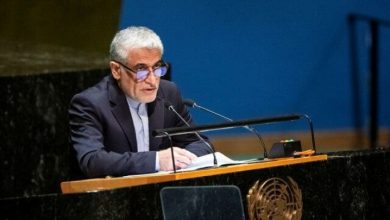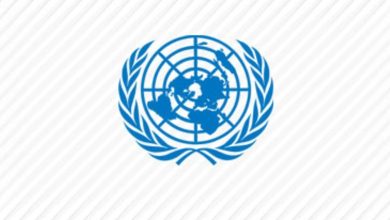The UN High Commissioner for Refugees, Filippo Grandi, on Friday called for stronger political commitment and action to improve the lives of the roughly 4.3 million stateless people worldwide who are “languishing without citizenship and living in the shadows.”
Statelessness is “a pervasive and grave human rights violation”, as well as “a blight on humanity”, he said.
“Deprived of the fundamental right to a nationality, those who have been born or left stateless face a devastating legal limbo. They are prevented from accessing their basic human rights and from fully participating in society. Their lives are marked by exclusion, deprivation, and marginalization.”
Mr. Grandi made the appeal as Friday marked the eighth anniversary of #IBelong, a campaign launched by the UN refugee agency, UNHCR, aimed at ending stateless within a decade, or by 2024.
Progress has been made in the interim. Nearly 450,000 stateless people either have acquired nationality or had their nationality confirmed.
Additionally, tens of thousands of people across Asia, Europe, Africa, and the Americas now have a pathway to citizenship thanks to newly enacted legislative changes.
The UN agency reported on other steps and solutions since the #IBelong campaign was launched.
Three countries have reformed gender discriminatory nationality laws – a root cause of statelessness. However, 24 governments continue to deny women equal rights to grant nationality to their children, on the same basis as men.
Furthermore, progress to end statelessness continues to come up against other obstacles, UNHCR said, often rooted in discrimination based on race, religion or ethnicity.
“While statelessness remains a global problem, with many different causes, it is one that can be remedied through, often very simple, local solutions,” said Mr. Grandi.
“I appeal to governments and legislators around the world to use the next two years of the campaign to accelerate action and close the legal and policy gaps that continue to leave millions of people behind.”





